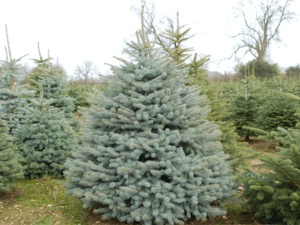November has crept up on us and we’re certain to see the first frost of the year before the month is out. With winter approaching at pace, it’s time to think about the essential chores that you need to carry out to ensure that your garden is ready for the colder months. From sprawling country estates to compact town courtyards, there’s always a list of things to do to prepare your outdoor space.
Lawn care
Lots of modern domestic grasses can stand up to winter without much input from us, but the more aesthetic luscious varieties sometimes need a helping hand. Firstly you need to make sure to rake all of autumn’s leaf litter and debris from the lawn, to give it the most chance to absorb the limited sunlight it’s going to receive between now and March.
Next, depending on the type of your lawn you may want to apply a fertiliser. There are specialised types that are geared up to protect and nourish your lawn, without making it unusable for children and pets. Find the right one for your type of lawn and follow the instructions for application. Take this opportunity to add lime to those areas that have struggled (yellow or bare/patchy), this will restore the Ph balance of the soil and by spring you might have a more even lawn.
House plants
Not necessarily a garden chore but likely useful for garden lovers, think about your house plants during the winter. The temperature drops outside and the central heating comes on inside, reducing the humidity and drying the moisture from the air that your house plants enjoy. To maintain a level a moisture that keeps them comfortable and healthy, you can either mist them regularly or use a tray of pebbles and water as a base for your pots.
Any spring-flowering bulbs should be potted and moved indoors during the winter; stored in a cool and dark place until you start to see new growth. Then you move them to a sunlit windowsill.
Soil preparation
For flowerbeds and vegetable patches that will lay bare over the winter, turn the soil as much ans for as long as possible. It will eventually become too hard, but make the most of the weeks where it’s not. Add any organic material you can (leaf, compost, manure), you’ll thank yourself in spring. The best technique is to cover the surface with compost, then spade turn all of it over so that it sits just below the surface for winter and is a breeding ground of nutrients by April.
Eden Restored is a team of passionate garden designers working throughout London, Kent and Surrey.
We deliver value-for-money on projects of any size, from inner-city courtyards to countryside cottages.
To discuss your ideas and how we can help throughout the entire process, get in touch.


